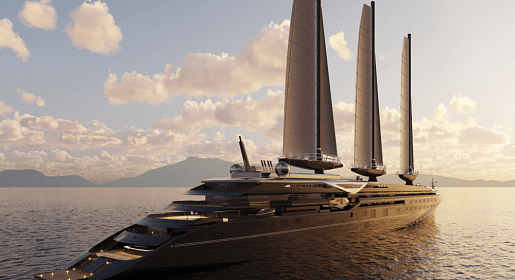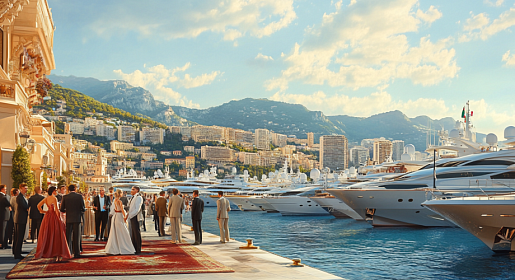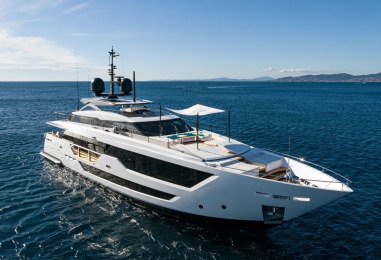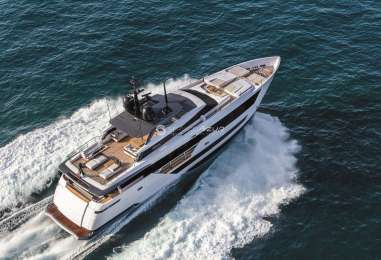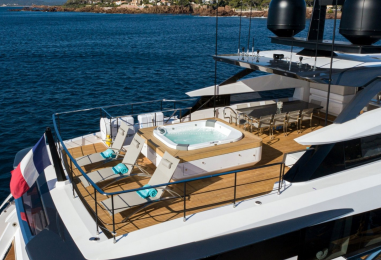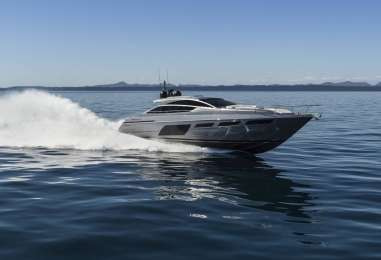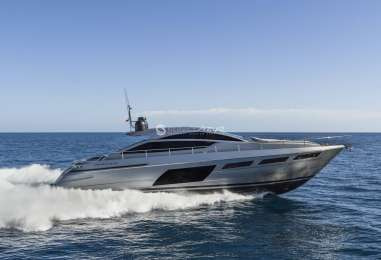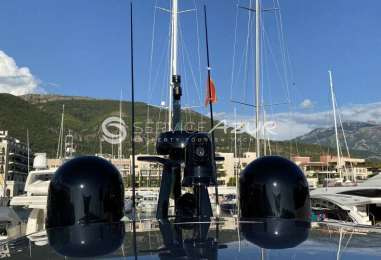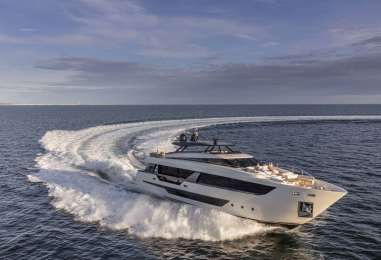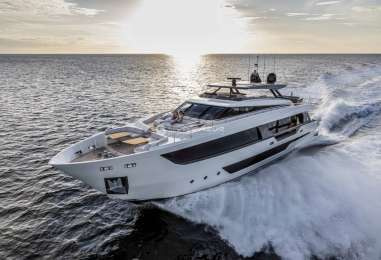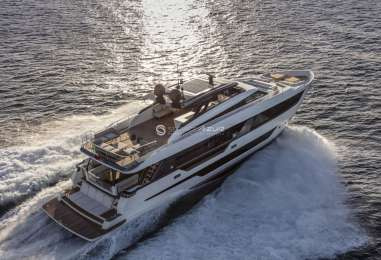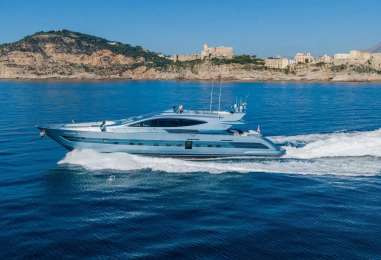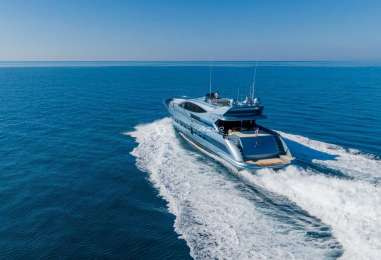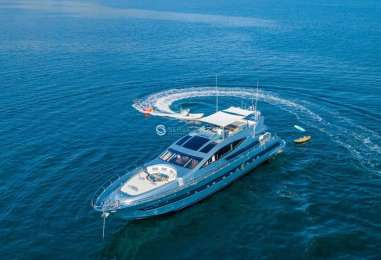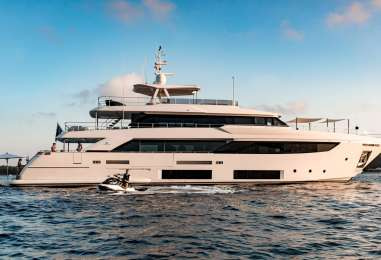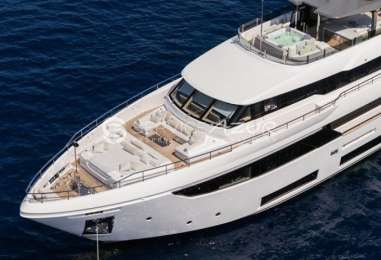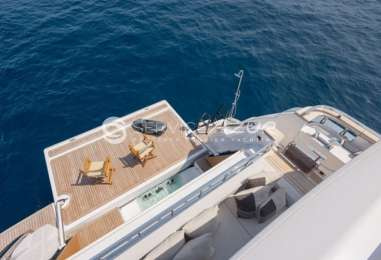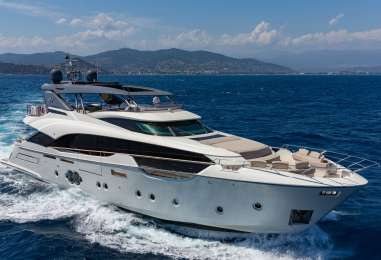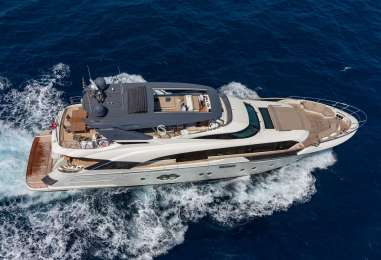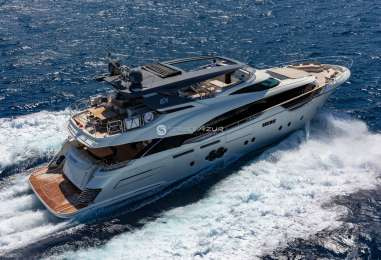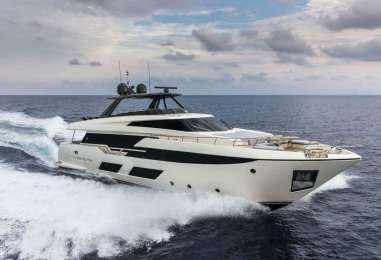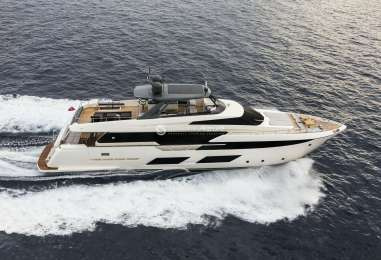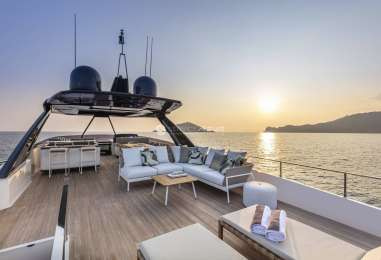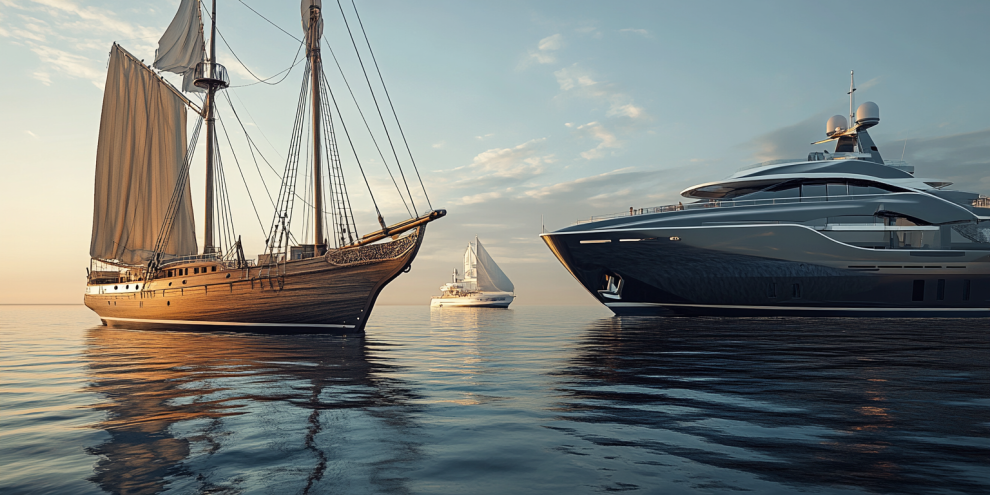
Yachts have always symbolized luxury, prestige, and freedom, reflecting the spirit of the era in which they were created. The evolution of yacht design spans centuries, from the first sailing vessels used for pleasure and racing to modern masterpieces of engineering that combine aesthetics, high technology, and environmental sustainability.
This article is dedicated to the key stages in the development of yacht design, from historical models to the most advanced innovations that will define the future of the industry.
Historical Aspect
The roots of yacht design trace back to the 17th century when yachts began to be used by European monarchs and nobility for entertainment and as a status symbol. The Netherlands, the birthplace of the first yachts, offered elegant yet functional vessels designed for river cruises and sea voyages. These yachts, made of wood, had simple construction and minimalist interiors, but even then, they began to stand out with their graceful lines and smooth forms.
In the 18th and 19th centuries, yachts became an important attribute of the British aristocracy, who used them for racing and travel. During this period, the foundations of modern yacht regattas were laid, and yacht design began to include more complex elements, such as larger sails and more streamlined hulls, allowing them to achieve high speeds.
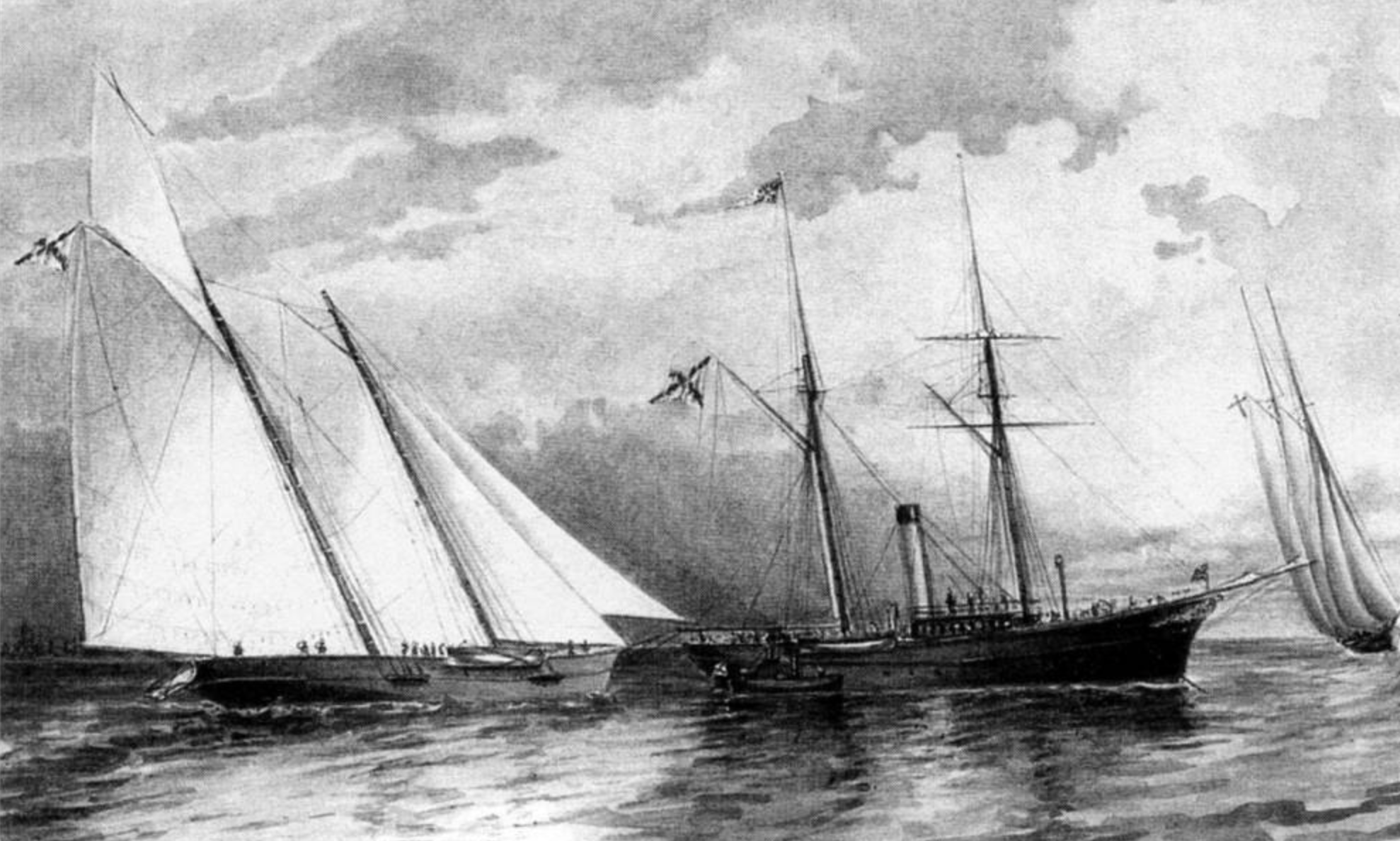
Transition to Modernity
The Industrial Revolution brought about radical changes in the construction and design of yachts. With the advent of steam engines, yachts were freed from their dependence on the wind, allowing for expanded functionality. At the end of the 19th — beginning of the 20th century, motor yachts began to emerge, becoming a symbol of a new era.
The shift from wood to steel and aluminum materials allowed for larger and more complex constructions. During this time, yacht interiors also evolved, transforming them into true floating palaces with luxurious cabins, salons, and even gyms. Examples from this period include famous yachts by shipbuilders such as Herreshoff and Camper & Nicholsons.
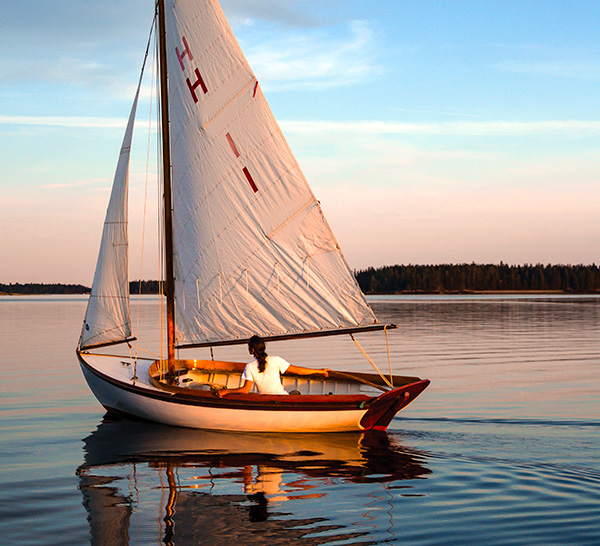
Modern Technologies
In the 21st century, yacht design has reached unprecedented levels thanks to the introduction of advanced technologies and new materials. Modern yachts are the result of a combination of innovative engineering approaches and a focus on comfort and environmental friendliness. Today, increasing attention is paid to the use of composite materials, such as carbon fiber, which provide strength with minimal weight.
Energy efficiency has also become a key factor in modern yacht design. Companies like Feadship and Lürssen are leading the development of hybrid and fully electric propulsion systems, significantly reducing CO2 emissions and fuel consumption. Additionally, yachts are equipped with smart control systems, allowing owners to manage all the vessel’s functions through smartphone apps, making yacht management more intuitive and accessible.
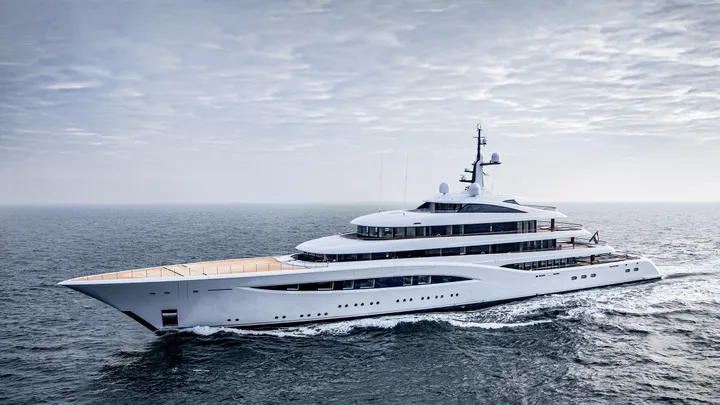
Another important trend is the use of solar panels and other renewable energy sources, creating fully autonomous vessels capable of staying at sea for extended periods without refueling. Interior design has also undergone significant changes: modern yachts offer spacious and multifunctional spaces where you can not only relax but also work, exercise, and enjoy entertainment.
The Future of Yacht Design
The future of the yachting industry promises to be even more exciting. Innovations in technology and growing demand for sustainable solutions will shape the direction of yacht design in the coming decades. Experts predict that in the future, we will see an even wider use of hydrogen fuel cells, which may become standard for large yachts, as well as expanded capabilities of artificial intelligence and autonomous control systems.
The emergence of yachts that can autonomously chart a course and avoid obstacles opens new horizons for those who value freedom and independence in sea voyages. Moreover, design personalization will become even more significant, allowing owners to create entirely unique projects that reflect their personal style and preferences.
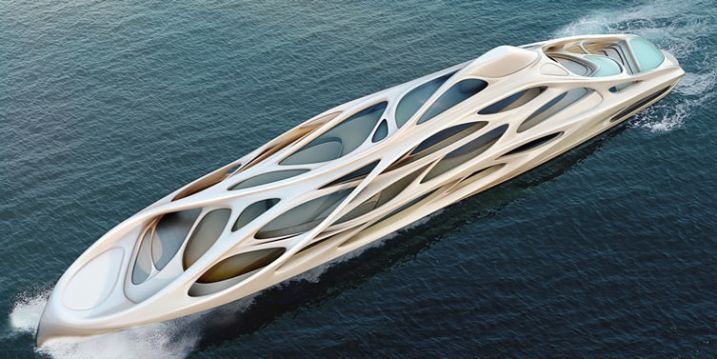
Recommendations for Owners and Renters
Choosing a yacht is a serious decision that requires consideration of many factors. Modern buyers and renters should pay attention not only to the appearance of the vessel but also to its technical characteristics, level of comfort, and compliance with the latest environmental standards.
The evolution of yacht design is a process that reflects changes in society, technology, and people's preferences. The industry continues to develop, offering more innovative and luxurious solutions.
If you dream of immersing yourself in a world of luxury and freedom on the water, ServiceAzur is happy to offer you the opportunity to rent one of these yachts for your next journey through the azure waters of the French Riviera. Our experts will help you find the perfect vessel to make your vacation unforgettable.

